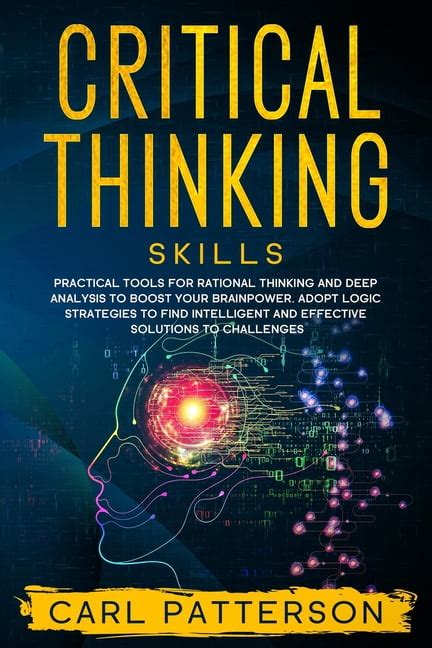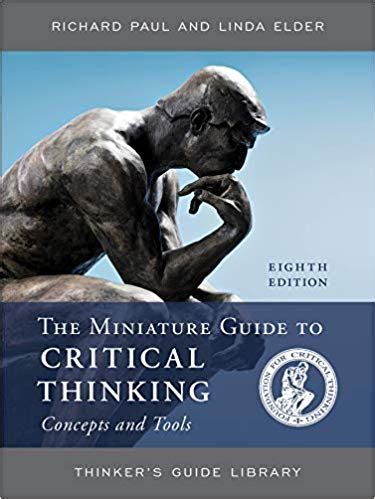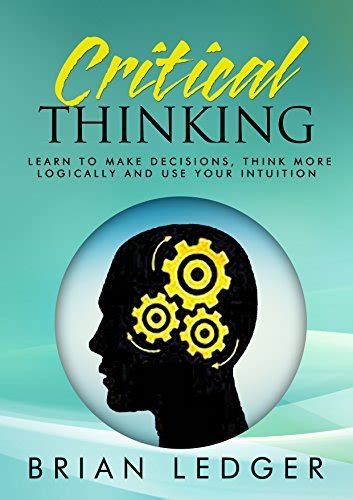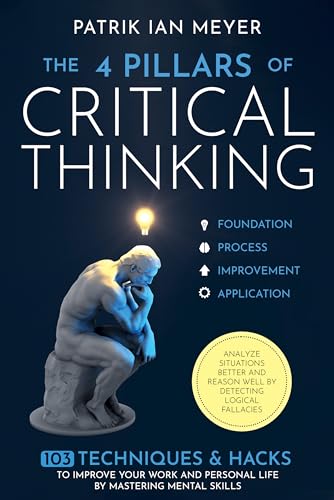In a rapidly evolving world, the pursuit of personal growth hinges on the ability to master new skills and adapt to changing environments. Skill mastery is more than just acquiring knowledge; it involves continuous learning and refining abilities to achieve excellence in various aspects of life. By embracing effective development strategies, individuals can identify key skills that align with their personal and professional goals, utilizing modern tools and techniques to enhance their journey. Balancing hard and soft skills, setting achievable goals, and regularly tracking progress are essential components of a successful development plan. This article explores the crucial insights needed to enhance personal growth through skill mastery and strategic development.
terylblog.com invites you to delve into this topic thoroughly.
1. Introduction to Skill Mastery
Skill mastery is the cornerstone of personal and professional development. It involves not only the acquisition of new skills but also the refinement and deepening of existing ones. In today’s competitive landscape, where change is constant and industries evolve rapidly, mastering skills is essential for staying relevant and achieving success. This process is not about becoming an expert overnight but about committing to continuous improvement, learning from experiences, and applying knowledge in meaningful ways.
The journey to skill mastery requires dedication, patience, and a strategic approach. It involves setting clear goals, practicing regularly, and seeking feedback to identify areas for improvement. Mastery is not limited to technical skills; it also encompasses soft skills like communication, problem-solving, and emotional intelligence, which are increasingly valued in both personal and professional contexts. By focusing on skill mastery, individuals can unlock their full potential, boost their confidence, and open doors to new opportunities. This section will delve into the significance of skill mastery and how it serves as the foundation for enhancing personal growth.

2. Importance of Continuous Learning
Continuous learning is vital for personal growth and skill mastery in an ever-changing world. As industries evolve and new technologies emerge, the skills required for success are constantly shifting. Embracing continuous learning ensures that individuals remain adaptable and relevant, enabling them to navigate these changes effectively.
Learning does not end with formal education; it is a lifelong process that requires curiosity, dedication, and the willingness to step outside one’s comfort zone. By engaging in continuous learning, individuals can keep their knowledge up to date, refine existing skills, and acquire new ones. This not only enhances their professional capabilities but also contributes to personal fulfillment and a greater sense of achievement.
Moreover, continuous learning fosters a growth mindset, encouraging individuals to view challenges as opportunities for development rather than obstacles. It promotes resilience and the ability to bounce back from setbacks, which are crucial qualities in both personal and professional life. In a world where innovation drives progress, those who commit to continuous learning position themselves for success and open doors to new possibilities. This section explores why continuous learning is essential for anyone striving to master their skills and achieve long-term personal growth. It highlights how a commitment to ongoing education can significantly impact one’s ability to adapt, excel, and thrive in various aspects of life.

3. Effective Development Strategies
Effective development strategies are essential for anyone aiming to master new skills and enhance personal growth. These strategies provide a structured approach to learning and improvement, ensuring that efforts are focused, efficient, and aligned with one’s goals. The first step in any development strategy is setting clear, achievable objectives. These objectives should be specific, measurable, and time-bound, providing a roadmap for what needs to be accomplished.
Another crucial element is the use of deliberate practice. This involves targeted, purposeful practice sessions that are designed to improve specific aspects of a skill. Rather than simply repeating tasks, deliberate practice focuses on challenging areas and seeks continuous feedback to foster improvement. It’s important to break down complex skills into manageable parts and work on them systematically.
Additionally, incorporating regular reflection into one’s development strategy can greatly enhance progress. Reflecting on successes and setbacks allows individuals to understand what works, what doesn’t, and why. This self-awareness is key to making adjustments and staying on track.
Finally, seeking mentorship or guidance from experienced individuals can provide valuable insights and accelerate the learning process. A mentor can offer advice, share experiences, and provide feedback, helping to avoid common pitfalls and stay motivated. By implementing these strategies, individuals can effectively develop their skills and achieve their personal growth goals.

4. Identifying Key Skills for Personal Growth
Identifying key skills for personal growth is a crucial step in the journey toward skill mastery. The skills you choose to develop should align with both your personal aspirations and professional goals. To begin, it’s essential to conduct a self-assessment to understand your strengths, weaknesses, and areas of interest. This reflection will help you determine which skills are most relevant to your growth.
In today’s fast-paced world, both hard and soft skills play a significant role in personal and professional success. Hard skills, such as technical expertise or proficiency in specific tools, are often industry-specific and can enhance your ability to perform tasks efficiently. Soft skills, like communication, leadership, and emotional intelligence, are equally important as they contribute to better interpersonal relationships and effective collaboration.
It’s also important to consider the future relevance of the skills you plan to develop. As industries evolve, some skills become more valuable while others may become obsolete. Staying informed about trends in your field can help you identify skills that will be in demand.
Ultimately, the key to personal growth lies in choosing skills that not only align with your current goals but also prepare you for future challenges. By focusing on these key areas, you can build a strong foundation for continuous development and success.
5. Utilizing Technology for Skill Development
Technology has become an invaluable tool for skill development, offering a wide range of resources and platforms that make learning more accessible and efficient. Online courses, tutorials, and webinars allow individuals to learn at their own pace, from anywhere in the world. These resources cover a vast array of topics, enabling users to acquire both hard and soft skills that are essential for personal growth.
Furthermore, mobile apps and software tools provide opportunities for continuous learning and practice, even on the go. These platforms often include interactive features, such as quizzes and simulations, that reinforce learning and make the process more engaging.
Another key advantage of utilizing technology is the ability to track progress and receive immediate feedback. Many online learning platforms offer personalized recommendations and analytics, helping individuals identify areas for improvement and tailor their learning experience accordingly.
By leveraging the power of technology, individuals can efficiently acquire new skills, stay updated with industry trends, and continuously refine their abilities, all of which are crucial for enhancing personal growth and achieving long-term success.
6. Balancing Hard and Soft Skills
Balancing hard and soft skills is essential for well-rounded personal and professional development. While hard skills are the technical abilities and knowledge required to perform specific tasks, soft skills relate to how you interact with others and manage yourself in various situations. Both types of skills are crucial, and achieving a balance between them can significantly enhance your effectiveness in any role.
Hard skills are often more straightforward to acquire through formal education, training programs, or self-study. They include competencies like coding, data analysis, financial management, or any other specialized knowledge relevant to your field. Mastery of these skills can increase your efficiency, accuracy, and productivity in technical tasks.
On the other hand, soft skills, such as communication, teamwork, problem-solving, and emotional intelligence, are developed over time and through experience. These skills are vital for building strong relationships, leading teams, and navigating complex social dynamics in the workplace.
To achieve a balance, it’s important to allocate time and resources to developing both hard and soft skills. For instance, while pursuing technical courses or certifications, you should also seek opportunities to enhance your interpersonal skills, such as through group projects, leadership roles, or conflict resolution training. This balanced approach will not only boost your competency but also make you more adaptable and resilient in various professional settings.
7. Setting Achievable Development Goals
Setting achievable development goals is a critical step in ensuring effective skill mastery and personal growth. Well-defined goals provide direction, motivation, and a clear path to success. To set achievable goals, start by making them Specific, Measurable, Achievable, Relevant, and Time-bound (SMART).
Begin with specificity: clearly define what you want to achieve. Instead of setting a vague goal like “improve communication skills,” specify what aspect of communication you want to enhance, such as “deliver a persuasive presentation to a team.”
Next, ensure your goals are measurable. Establish criteria to track your progress, such as completing a public speaking course or receiving feedback on presentations. This helps you assess whether you’re on track and allows you to adjust your approach if needed.
Achievability is crucial. Set goals that are realistic given your current skill level, resources, and time constraints. Break larger goals into smaller, manageable milestones to avoid feeling overwhelmed.
Relevance is another key factor. Choose goals that align with your long-term personal and professional objectives, ensuring that your efforts contribute to your overall growth.
Finally, set a clear timeline for achieving your goals. Deadlines create a sense of urgency and help you stay focused. Regularly review and adjust your goals as necessary to stay aligned with your evolving aspirations and circumstances. By setting achievable development goals, you create a structured framework for continuous improvement and personal advancement.
8. Tracking Progress and Reflecting on Growth
Tracking progress and reflecting on growth are essential practices for effective skill development and personal advancement. Regularly monitoring your progress allows you to assess how well you are meeting your goals and identify any areas needing improvement. Use tools like journals, progress charts, or digital trackers to record achievements, challenges, and milestones. This ongoing documentation helps you stay organized and motivated.
Reflection is equally important. Take time to review your experiences and assess what strategies have been successful and which ones need adjustment. Reflecting on both successes and setbacks provides valuable insights into your development process, helping you understand your strengths and areas for growth. This self-awareness enables you to make informed decisions about future learning and development strategies.
Regular progress reviews and reflective practices ensure that you remain aligned with your goals and can adapt your approach as needed. By integrating these practices into your routine, you enhance your ability to achieve personal growth and continue advancing your skills effectively.
Mastering new skills and fostering personal growth is a dynamic and ongoing journey. By embracing continuous learning, employing effective development strategies, and balancing hard and soft skills, you create a solid foundation for success. Identifying key skills, utilizing technology, setting achievable goals, and regularly tracking your progress all contribute to a more effective and fulfilling development process. Reflecting on your growth allows you to make informed adjustments and stay motivated. Ultimately, a commitment to these practices will enhance your personal and professional development, leading to lasting achievement and satisfaction.
terylblog.com
